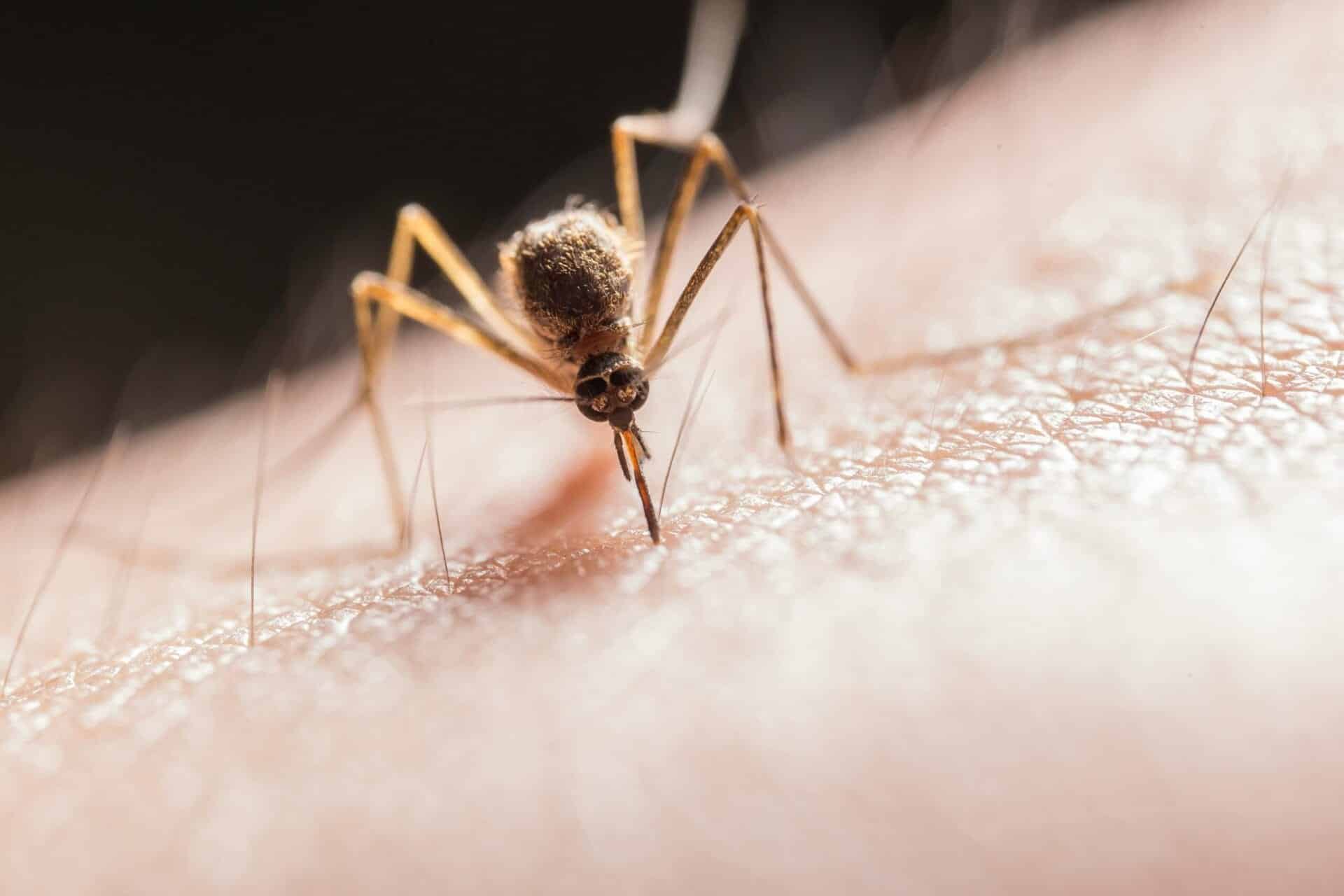At Better Termite & Pest Control, we believe you deserve to spend time in your yard without worrying about itchy bites or the risk of dangerous diseases like dengue and malaria. We’ve spent decades refining our pest control methods to offer you a program that helps reduce mosquitoes and other pests at the same time.
For over 57 years, our local team has operated in the DC Metro area, removing 9 harsh chemicals from our system along the way. We heard from homeowners who wanted a better approach—one that makes sense for your family and your neighbors. If that’s what you’ve been searching for, keep reading to learn how our mosquito control services work and how you can protect your outdoor space all season.
Why Worry About Mosquitoes?
Mosquitoes aren’t just about itchy bites. They carry diseases such as West Nile and can transmit malaria or dengue in certain parts of the world. Even here in the DC Metro area, these pests can be more than an annoyance: they can quickly grow into large mosquito populations if left unchecked. Our goal is to help prevent mosquito bites before they happen, so you can relax outdoors without constantly swatting at these bloodsuckers.
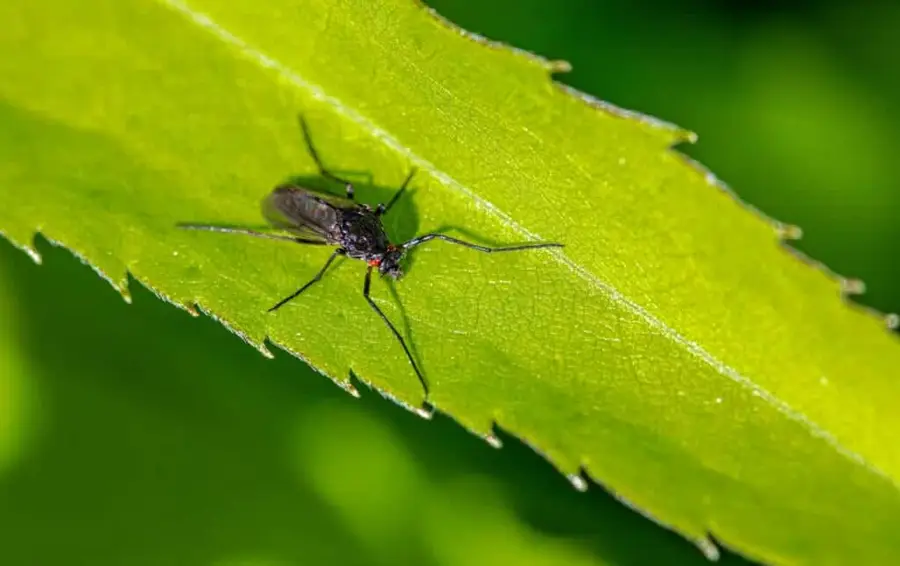
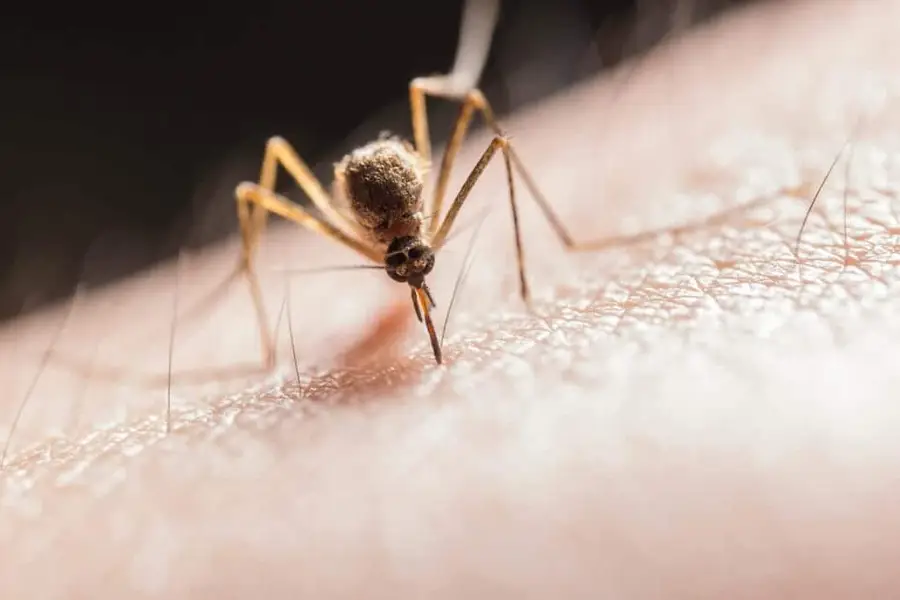
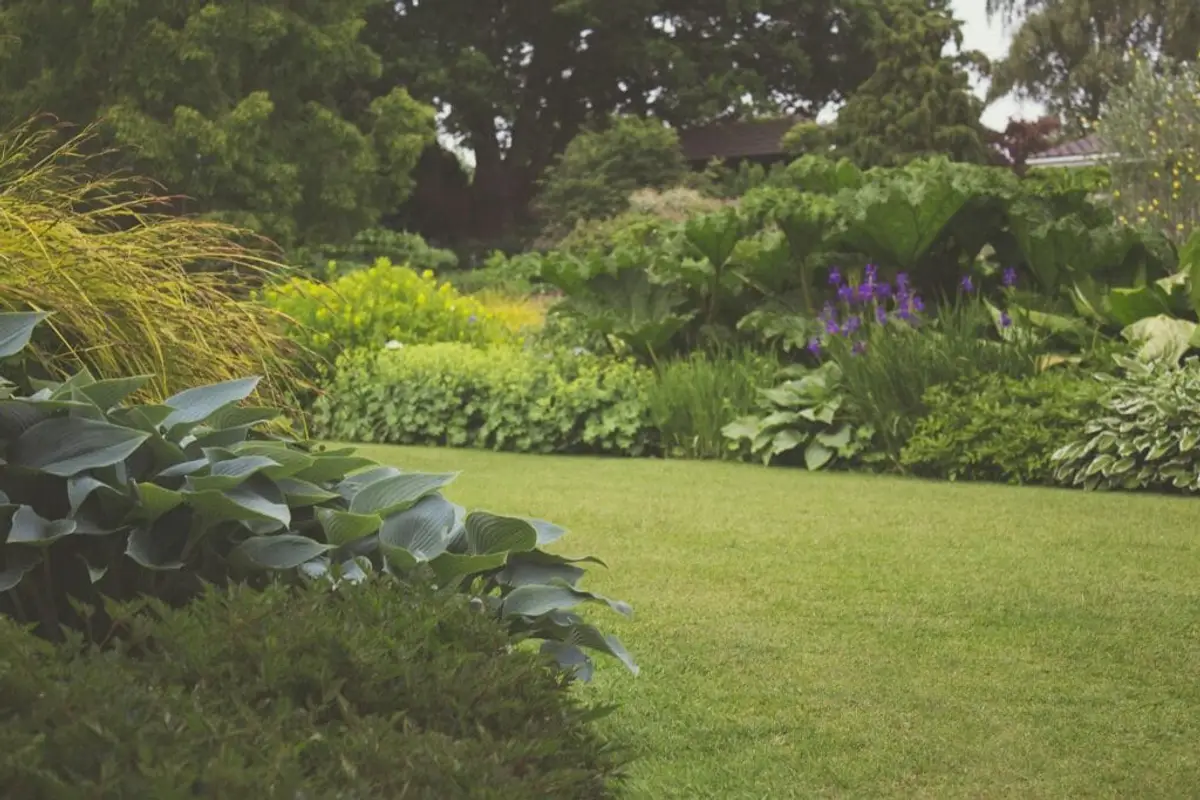
When mosquitoes live close to your property, they breed in standing water and multiply fast. If pest control services don’t address both larvae and adults, you’re left in a cycle of frustration. That’s why we’ve focused on a mosquito control plan that goes after every stage of the mosquito life cycle.
Understanding How Mosquitoes Live
Mosquitoes often lay eggs in water sources like puddles, birdbaths, old tires, or any containers that collect rain. Once hatched, larvae feed on debris in the water, then transform into pupae, and finally emerge as biting adults. By the time you notice them on your back porch, they may already be around in the hundreds. Our exterminator team knows where to target mosquitoes—both in their larval stage and when they become flyers—so you can keep your house and yard as mosquito free as possible.
The Problem with Standing Water
Stagnant water is the biggest culprit behind skyrocketing mosquito populations. Birdbaths, clogged gutters, potted plant saucers, and even tarps can hold enough moisture for mosquitoes. If left alone, these water sources act like free real estate for pests. Our pest control plan teaches you to keep an eye out for trouble spots and prevent mosquitoes long-term.
Our Approach to Pest Control for Mosquitoes
While there’s no one-size-fits-all fix, we use a multi-step approach that blends larval control and adult control. Once we remove easy breeding grounds, we apply specialized treatments that target mosquitoes at every stage.
Larval Control Strategies
We zero in on the places where mosquitoes thrive. Our exterminator inspects your property for standing water. Whenever possible, we eliminate these spots or treat them with larvicides approved by our in-house research team. This ensures we get rid of mosquitoes before they become a major infestation.
Adult Control Solutions
For adult mosquitoes, we use methods like spraying your yard’s perimeter and applying light barriers around your outdoor areas. Our formula was refined after cutting out 9 of the industry’s harsher chemicals, so you get a cost-effective way to protect your family with fewer worries. Thanks to years of success in mosquito control, we’ve found that consistent follow-ups are the best way to keep mosquitoes at bay.
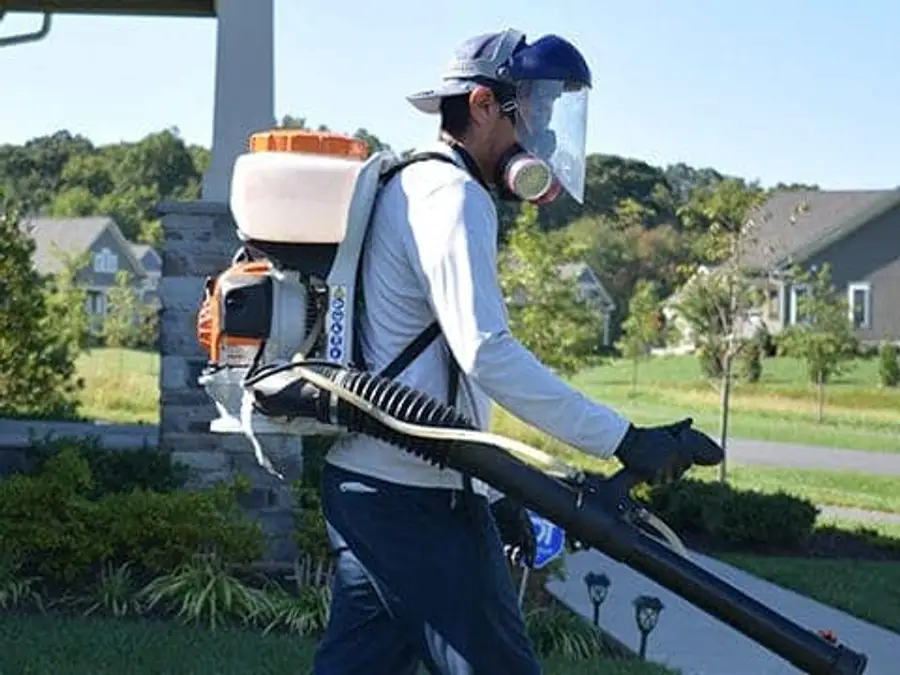
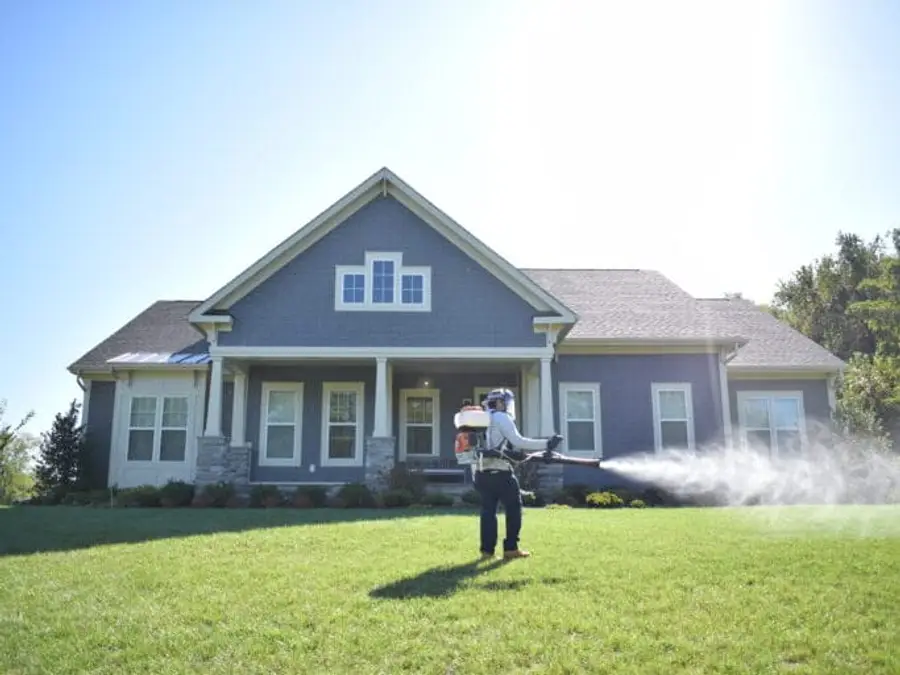
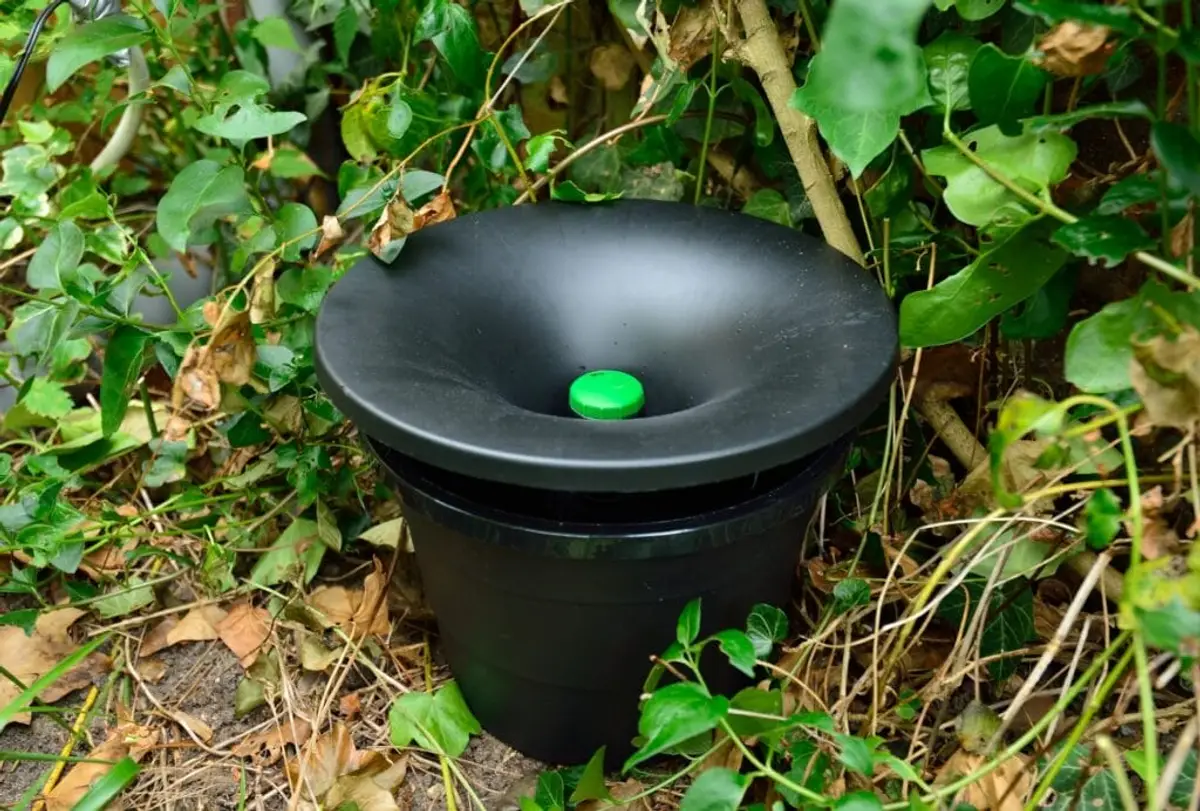
Additional Tools & Tactics
Depending on your location and personal preferences, we might add special traps or alternative products like In2Care. Our research team is always exploring innovative ways to prevent mosquitoes. If you ever want a follow-up treatment between scheduled visits, let us know. We offer control services with free re-treats, so there’s no additional charge to keep working until your property is in better shape.
Is Professional Mosquito Control Worth It?
When you hire pest control services like ours, you receive tailored treatments that tackle larvae, adults, and every layer in between. That means real relief, fewer callbacks, and more time to enjoy your backyard.
Cost Factors: How Much Does It Cost to Get Rid of Mosquitoes?
You’ve likely searched for answers: How much would it cost to get rid of mosquitoes? or How much does mosquito treatment for yard cost? The cost depends on a few factors:
- Property Size: Larger yards often require more product and time.
- Location: Areas with dense vegetation can need extra spraying and additional follow-up to reduce mosquitoes.
- Frequency of Treatments: Some customers want monthly service to stay ahead of breeding cycles.
At Better Termite & Pest Control, we pride ourselves on honest pricing. We even offer a no-contract approach—cancel anytime with 30 days’ notice if you’re not happy.
You can learn more about our mosquito control services here.
Common Questions About Mosquito Control
Below are answers to some of the most frequently asked questions about pest control for mosquitoes.
The Better Termite & Pest Control Difference
We’ve been local since 1968, rooted in the community, and always trying to do things in a way that feels right. Over the years, we’ve modernized our control methods by removing 9 harsh industry chemicals, including some found in big-name products. We focus on ways to protect your family, pets, and environment from unnecessary exposure.


Let’s Get You One Step Closer to a Mosquito-Free Yard
Remember, we’re here to help you and your family move one step closer to a home that feels right, without being locked in a contract you can’t escape. Let’s work together to create a comfortable, mosquito free property.



Is it worth getting your yard sprayed for mosquitoes?
+
If you want fewer mosquitoes in your backyard, spraying can help break the breeding cycle. Proper mosquito control focuses on larval control as well, which boosts the effectiveness of sprays.
How do exterminators get rid of mosquitoes?
+
An exterminator uses a mix of spraying, traps, and larval control. First, they check for places where mosquitoes are breeding and apply larvicides. Then, they focus on adult mosquitoes with barrier treatments. This strategy helps rid your yard of existing pests and slow future growth.
Is it worth spraying your yard for mosquitoes?
+
Regular treatments create a protective barrier so you can enjoy your outdoor space. If you want to use your deck or host gatherings without constant mosquito bites, spraying is often worth it.
What is the most effective mosquito control?
+
The most effective mosquito control plan addresses breeding grounds and uses strategic spraying. Our solution focuses on integrated methods—larval control to handle future pests and adult control to rid your property of active mosquitoes.
How do you get rid of a mosquito infestation?
+
You need to remove standing water, use larval control, and apply adult treatments. An exterminator can do all this in one comprehensive plan. Staying consistent is key to ensuring you see progress.
What is the best method for mosquito control?
+
Most pros agree that the best method is a layered approach: get rid of breeding sites, apply larvicides, and use adulticide or barrier sprays. That way, you handle mosquitoes at every stage.
Is professional mosquito treatment worth it?
+
Many homeowners find it's worth every penny. Expert treatments give you a higher chance to protect your family from bites and keep your property more comfortable.
How much does it cost to get rid of mosquitoes?
+
Prices vary, but the cost often includes initial cleanup, your first treatment, and ongoing visits. Always ask if free re-treats are included. We offer them without any additional charge.
How do I get rid of mosquitoes in my room at night?
+
Patch up window screens, fix door gaps, and consider a small indoor trap. For major issues, an exterminator can help you figure out if mosquitoes are sneaking in from your attic or basement.
What is the best thing to keep mosquitoes away?
+
A reliable mosquito control system that targets breeding sites and adult insects. Think of it like a layered defense—sprays, inspection, and guidance on yard maintenance.
What is the best thing to stop mosquitoes from biting you?
+
Wear long sleeves when possible and apply a proven repellent. If you're outside in peak hours, covering your skin helps prevent mosquito bites.
What is the most effective mosquito repellent method?
+
A balanced plan that reduces breeding, uses well-timed treatments, and monitors your property. In other words, professional mosquito control services plus some everyday habits.
With five years of hands-on experience in the pest control industry, George Schulz is a registered technician with the Virginia Pest Management Association and a proud third-generation professional in a family business that's been protecting homes for over 57 years. He manages and trains a team of service pros while also leading internal research efforts—recently spearheading a deep-dive review of thousands of documents on pest control materials to hand-pick the most kid and pet friendly, most effective solutions tailored specifically for homes in the DC metro area.
